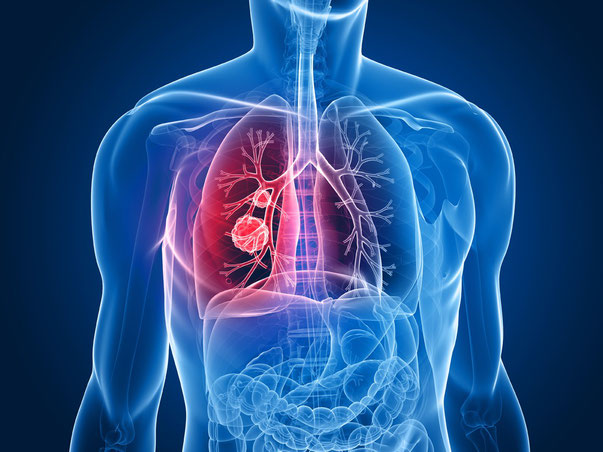
What is cystic fibrosis?
It is a hereditary, congenital and chronic disease, the result of a genetic alteration.
For a child to be affected by cystic fibrosis, both parents must be carriers; A couple is a carrier when one of their chromosomes has a defect and the other does not.
Approximately one in every 80 individuals in Mexico is, without knowing it, a carrier of this gene that alters certain types of cells and causes malfunction, mainly in the respiratory and digestive systems, as well as the sweat glands and the reproductive system.
From a respiratory point of view, the gene causes secretions to be thick (mucus) and trap bacteria that the patient cannot clean from their lungs, which causes infections and therefore progressively decreases lung function.
In the digestive system there is poor absorption of nutrients, mainly fats and proteins, which leads the patient to malnutrition that can be present from the first six months of life.
Signs and symptoms of cystic fibrosis.
They vary depending on the severity of the disease. Even in the same person, symptoms can get worse or better over time. In some cases, symptoms may not appear until adolescence or adulthood.
People with cystic fibrosis have more salt in their sweat. Parents can often notice the salt when they kiss their children. Most other signs and symptoms of cystic fibrosis affect the respiratory and digestive systems. However, adults who are diagnosed with this disease are more likely to have atypical symptoms, such as recurrent episodes of inflammation of the pancreas (pancreatitis), infertility, and recurrent pneumonia.
Respiratory signs and symptoms
The thick, sticky mucus characteristic of cystic fibrosis blocks the pathways that carry air in and out of the lungs. This can cause the following signs and symptoms:
- Persistent cough with thick mucus (sputum)
- Whistling when breathing
- Short of breath
- Exercise intolerance
- Recurrent lung infections
- Swollen nasal passages or nasal congestion
Digestive signs and symptoms
Thick mucus can also block the pathways that carry digestive enzymes from the pancreas to the small intestine. Without these enzymes, the intestines cannot fully absorb the nutrients from the foods you eat. Often the result is the following:
- Smelly and greasy stools
- Problems gaining weight and growing
- Intestinal obstruction, particularly in newborns (meconium ileus)
- severe constipation
As a result of frequent straining from the body, part of the rectum (the end of the small intestine) can slip out of the anus (rectal prolapse). When this occurs in children, it may be a sign of cystic fibrosis. Parents should consult a doctor who specializes in this disease. Sometimes rectal prolapse in children requires surgery. Rectal prolapse in children with cystic fibrosis is less common than in the past, which may be due to earlier evaluation, diagnosis, and treatment.

How is it diagnosed?
With a history or not, it must be proven that this gene is dysfunctional and this is done with the test called Chlorine Titration or with a positive neonatal screening test.
In Mexico, progress has been made in the timely detection and treatment of the disease, with the aim of improving the quality of care for those who suffer from it.
There has been an effort to ensure that every child born is screened for 5 diseases, including cystic fibrosis.
Children who turn out to be possible positive will go for confirmatory testing, which offers the unique opportunity to care for them before symptoms appear.
The main advantage of early diagnosis is that nutritional and respiratory complications can be prevented.
Share this information!





















































